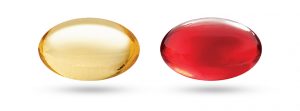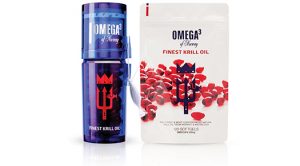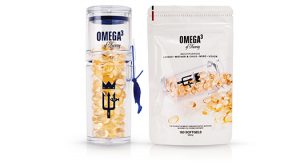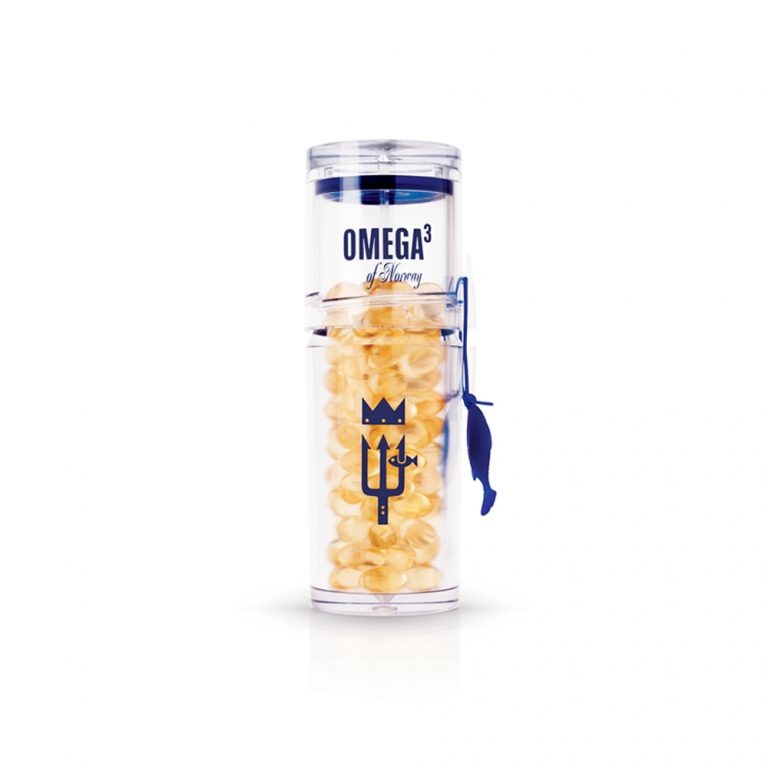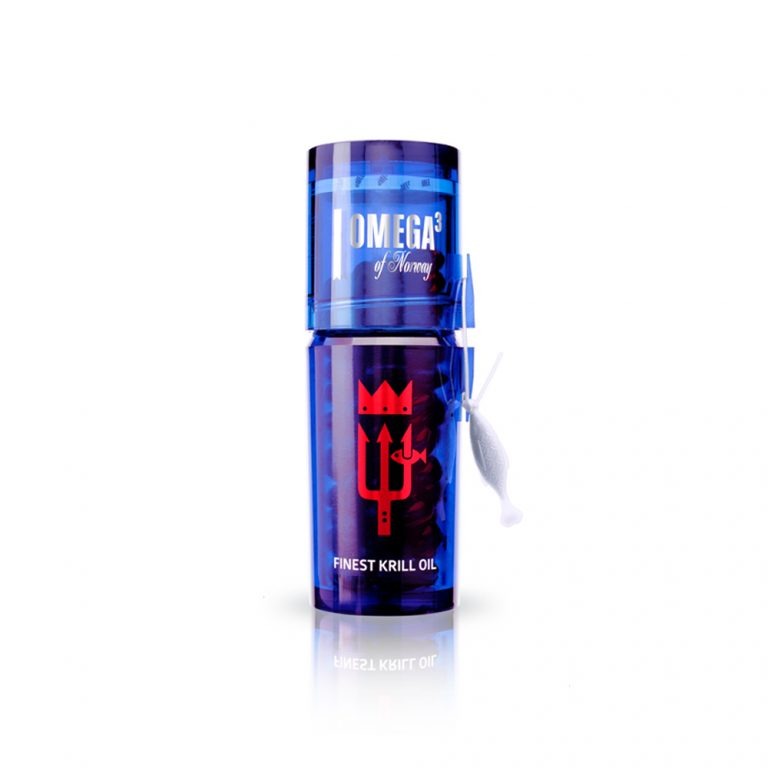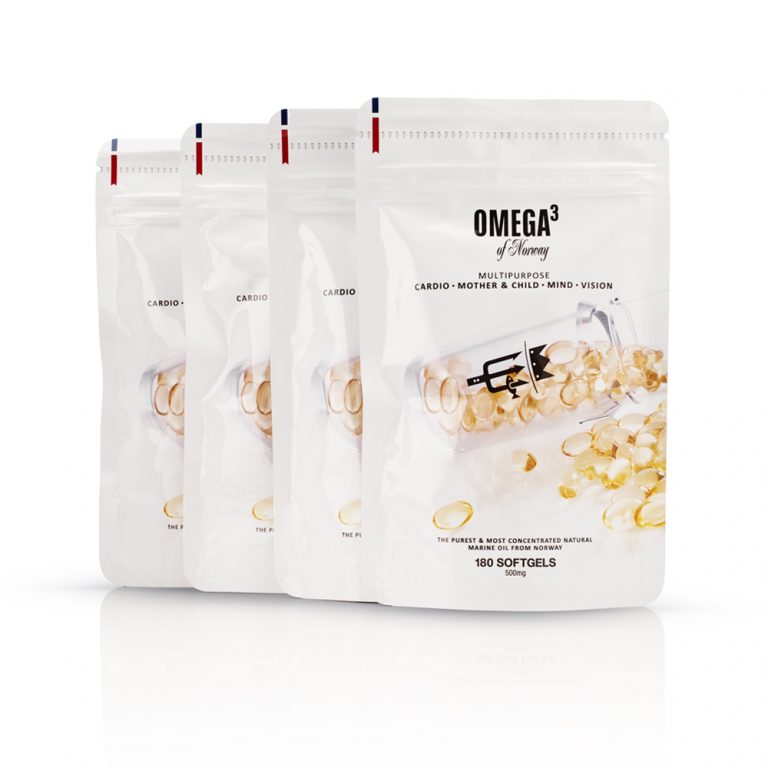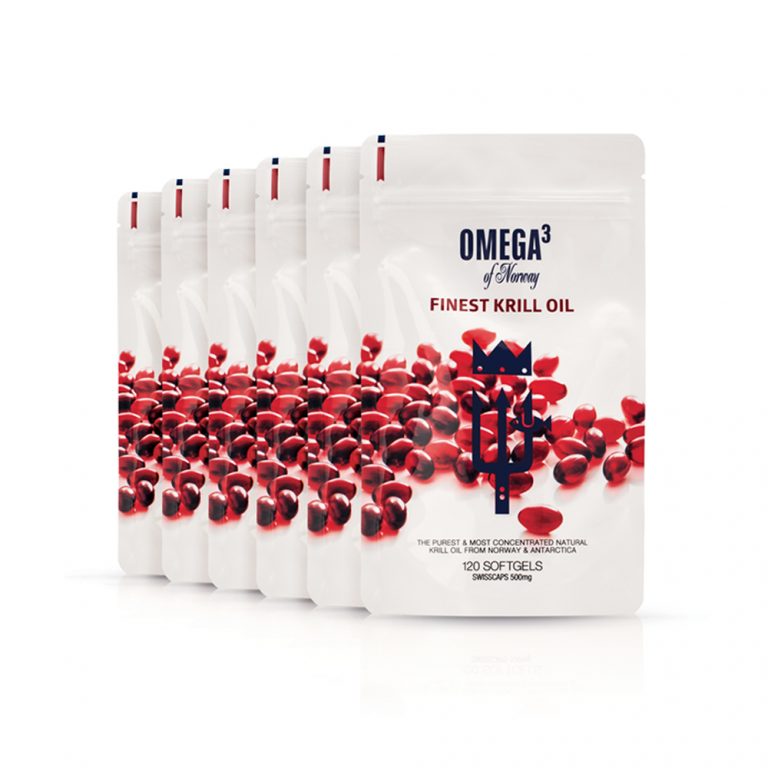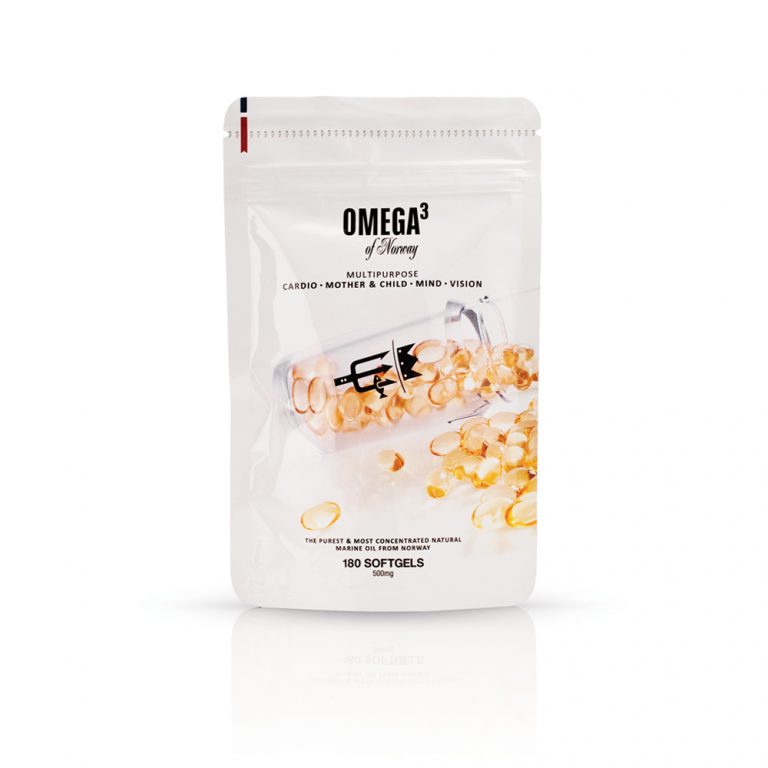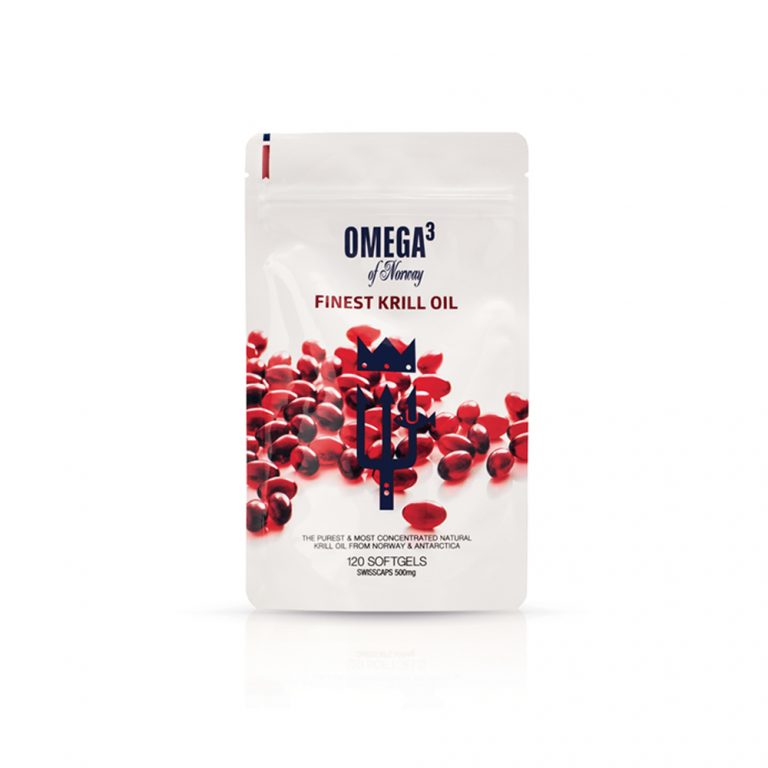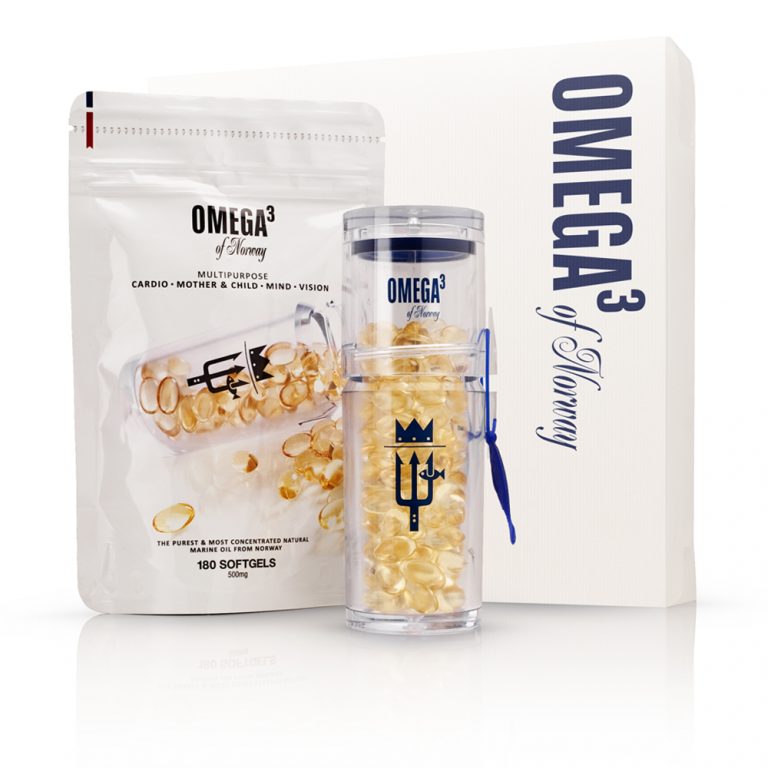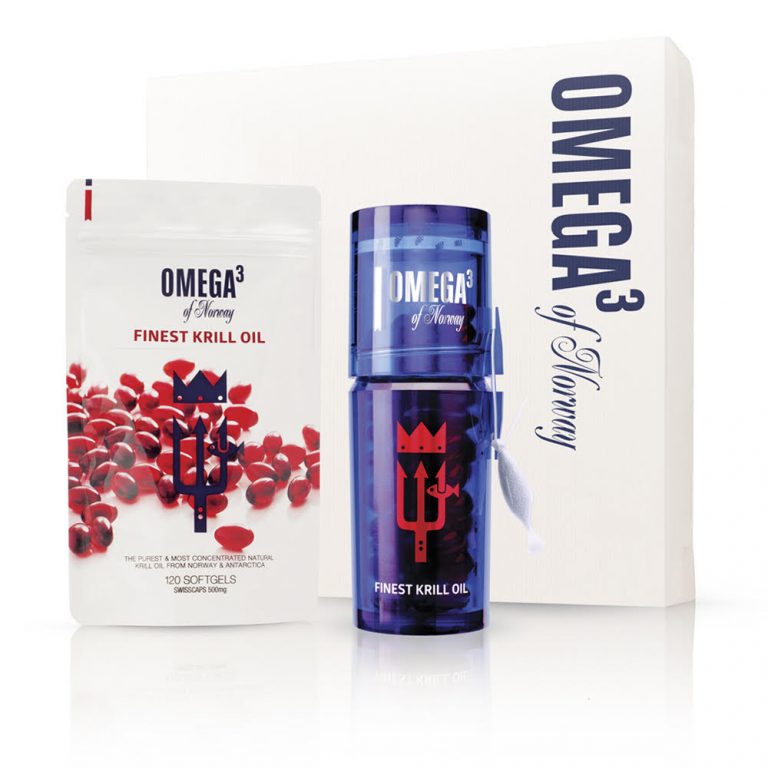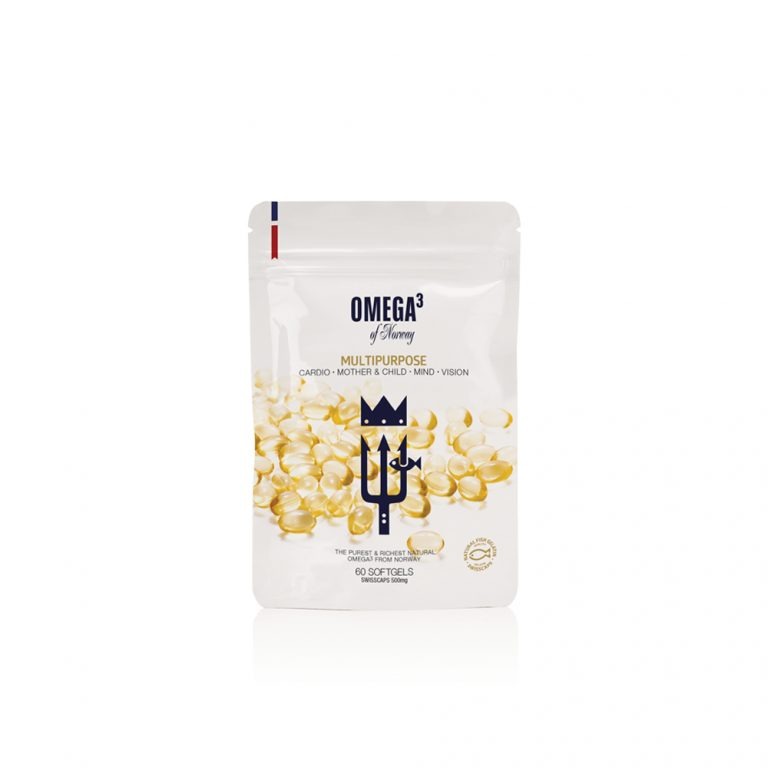Omega – 3s are essential fatty acids that fulfil a crucial role in our metabolism: They help our heart stay healthy, keep our inflammation levels low and even support our immune system. There are many supplements you can take to make sure your reserves don’t run dry. But what is better, krill oil or omega-3? This is a common question we want to answer in this blog post.
Why It Matters So Much What We Eat
During this turbulent time, we want to make sure that we give our body everything it needs to stay healthy. A balanced diet and regular exercise (as long as you follow your country’s COVID-19 safety guidelines of course) are essential to not only stay healthy, but also feel good. We have written a whole blog post on how to stay healthy during the pandemic, you can check it out here https://norwayomega.com/blog/lockdown-health-10-top-tips-to-keep-your-body-mind-fit-healthy-during-quarantine/
It can be hard to know what your body needs because there is so much information available, especially on the internet. Here on this blog we want to provide information about nutrition and how to make sure your body can perform at its best. Omega – 3 fatty acids should make up an important part of your diet and you can easily boost your intake of those essential fatty acids by adding a food supplement to your diet. While foods such as fish or walnuts naturally have higher omega – 3 levels https://norwayomega.com/blog/which-products-provide-abundant-amounts-of-omega-3-fatty-acids/ it can be hard to take in enough of those fatty acids through food alone. A supplement however, be it krill oil or fish oil, will help you keep your omega – 3 reserves full and your body healthy.
The food we eat has a lot to do with how we feel and how healthy we are. The nutrients, vitamins and other building blocks we need to maintain our health often come from food and many of them cannot be produced by our body itself. Omega – 3 fatty acids are just one of those essential components we rely on that we have to get through food or supplements.
The Difference Between Krill And Omega – 3
To start, we need to clear up a common misconception: Krill oil and omega – 3 are not the same, but they cannot be compared like two separate things either. But let us explain:
Omega – 3 are a type of fatty acids called polyunsaturated fatty acids and naturally occur in plants and animals. There are three fatty acids that are relevant for our body: Docosahexaenoic acid (DHA), Eicosapentaenoic acid (EPA) and Alpha-linolenic acid (ALA) all of which are essential for our well being but have different origins and effects on our body. They have a positive impact on our blood sugar levels, heart rate, flexibility of our arteries, skin elasticity, cognitive performance and many other important features of our metabolism.
Krill oil on the other hand, is a product made from the small crustaceans living in the ocean, which contains omega – 3 fatty acids (link to Krill article from last week). Krill do not produce omega – 3 fatty acids themselves either, but they consume them through their diet consisting of phytoplankton and tiny micro algae which are the primary source of the fatty acids EPA and DHA. ALA is found in plant sources such as flaxseeds or walnuts.
So, when we talk about the difference between krill oil and omega – 3, what most people really want to ask is the difference between krill oil and fish oil, which is the most common source of omega – 3 fatty acids. Fish oil, just like krill oil, is used as an omega – 3 food supplement by many people and contains the same fatty acids – EPA and DHA – and therefore is associated with many health benefits, just like krill oil. Fish oil however, is made from fatty fish such as mackerel or salmon, and has a golden or yellow colour. Krill oil has a red hue to it and is made from another source, krill.
We will now look into the health benefits of krill oil and come back to the question, which is the best omega – 3 supplement, krill oil or fish oil?
The Health Benefits Of Krill Oil
Krill oil contains the essential fatty acids EPA and DHA, just like fish oil. It is also used as a food supplement by people who want to include more of these healthy omega – 3 fatty acids in to their diet to get the most out of the health benefits that they offer.
Krill oil shares the health benefits of fish oil, some which are for example: improving blood lipid levels and reducing the build-up of plaque, which can stiffen and narrow our arteries and increase blood pressure and the risk of a stroke or heart attack. Omega – 3 fatty acids also have powerful anti-inflammatory properties and can help our immune system to protect our body. They can help fight chronic low-grade inflammations that can go undetected for a long time, but can still cause damage to our body and contribute to the development of diseases such as arthritis or type 2 diabetes.
Like fish oil, the fatty acids in krill oil can help alleviate symptoms of PMS and some research even shows, that it can have a positive effect on our mood, stabilizing it and even be helpful combating symptoms of depression.
What Is Better, Fish Oil Or Krill Oil?
Now back to the initial question, what is better, krill oil or fish oil? It is hard to give a definitive answer to this question because it depends on your individual wants, needs and budget. However, there are some differences between those two supplements that could help you make your decision.
In contrast to fish oil, krill oil contains the antioxidant Astaxanthin, a powerful substance than can protect your body from so-called free radicals that can cause damage to your cells. Astaxanthin also gives krill oil its red colour and is a strong and healthy ingredient of krill oil, that does not occur as such in fish oil. Another extra nutrient that can be found in krill oil is called Choline. It is a complex essential nutrient, similar to vitamin B that is involved in many important processes of our body. It can for example impact our liver function, brain development and nervous system.
Another difference is the structure that the fatty acids assume in krill oil. In fish oil, they take the shape of triglycerides, their natural form as fatty acids. In krill oil however, they are present in the form of phospholipids, a slightly different molecular structure. Because of this, they might be easier to use and absorb into our body because the fats in our cell membranes also take on the form of phospholipids, which could facilitate their absorption and therefore increase their efficiency.
Fish oil has been used as a food supplement for many decades and therefore there is a lot of research available that confirm its health benefits. With krill oil being newer to the market, there is less published research so some of the health claims do not have the same scientific backing yet as fish oil. This is however mainly due to the amount of time it has been researched for and here at Omega 3 of Norway we are confident that krill oils offers you just as many health benefits as fish oil, and we are happy to present a high quality product that is sustainably sourced and meets all our quality standards.
There is more information on our blog about the differences between fish oil and krill oil https://norwayomega.com/blog/krill-oil-vs-fish-oil-what-is-best-for-you/ and in our shop you can browse our range of products today!
Sources
https://www.healthline.com/nutrition/krill-oil-vs-fish-oil#section6







